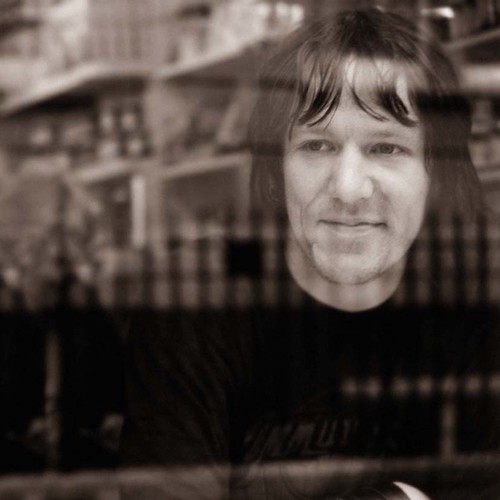Man on Leash -- One Month Later

The two pictures depicted in this mural in Iran are iconographic representations of U.S. imperialism and racism. The picture of an Iraqi prisoner on a leash held by a white soldier was the one that hit me hardest. While the nonconsensual sex and simulated sex between prisoners was sickening, i couldn't help but feel that at least some of the outrage was fueled by intense homophobia in the Middle East and the United States. Don't get me wrong, those acts forced upon prisoners by soldiers were terrible, but I remained cognizant of the way in which homophobic demagogues could use those pictures to further demonize those who engage in consensual relations. The leash picture represented something more fundamental: harkening back to slavery and the Trail of Tears, the dominion of whites over people of color, and the emasculation and degradation of men of color. Most Americans reacted to the pictures with shame because they identified with the white soldiers (and most of those pictured were white, as far as I can see). But I didn't react out of typical liberal guilt: "this is not America, those soldiers are degenerate and don't represent me, how can I distance myself and my country from these acts?" Those pictures looked like America to me and they evoked the tragedy of the embrace by people of color of a country whose "exceptionalism" has been rooted in colonial racist notions of white supremacy. We are American but we are also the man on that leash.




